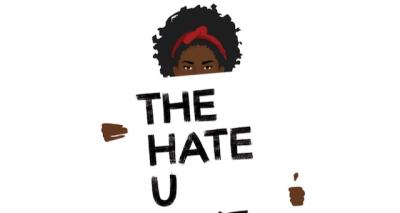The Hate U Give (2018)

Copyright 20th Century Fox, 2018
The film is filled with interchanges, some funny because of the cluelessness of the whites, and others enraging, especially when, after her identity is made public, Starr has to deal with a police investigator’s focusing upon Khalil’s drug dealing rather than the cop who killed him. She correctly perceives that by tearing down Khalil’s reputation they can deflect attention from the killing – as this is confirmed by the way a journalist interviews her and by the eventual failure of the grand jury to indict the cop – indeed for much of the public the cop is made out to be the victim!
This is one of the most marvelous coming-of-age stories I have seen, with Starr gaining great insight as the days go by. The conversation she has with her father about why Khalil was driven to sell drugs leads her to a deeper understanding of society’s systematic racism ensnaring so many young blacks in its tentacles. Though she breaks with one of her Williamson girl friends, too obtuse to perceive her white privilege, she maintains her relationship with Chris, despite her father’s displeasure when he learns about it. However, she has to set Chris in his place when he, like so many naïve liberals, says that he does not “see color” when relating to people. She reacts against this statement because her dad has instilled in her so much of Huey Newton’s black pride, telling her boyfriend that if he does not see the black in her, “You don’t see me!” Chris must learn that our color is important in the make-up of our identity and our perceived place in society. This is an interchange I could not find in the novel, so kudus to scriptwriter Audrey Wells for injecting this (and who, sadly, died on Oct. 4 this year).
